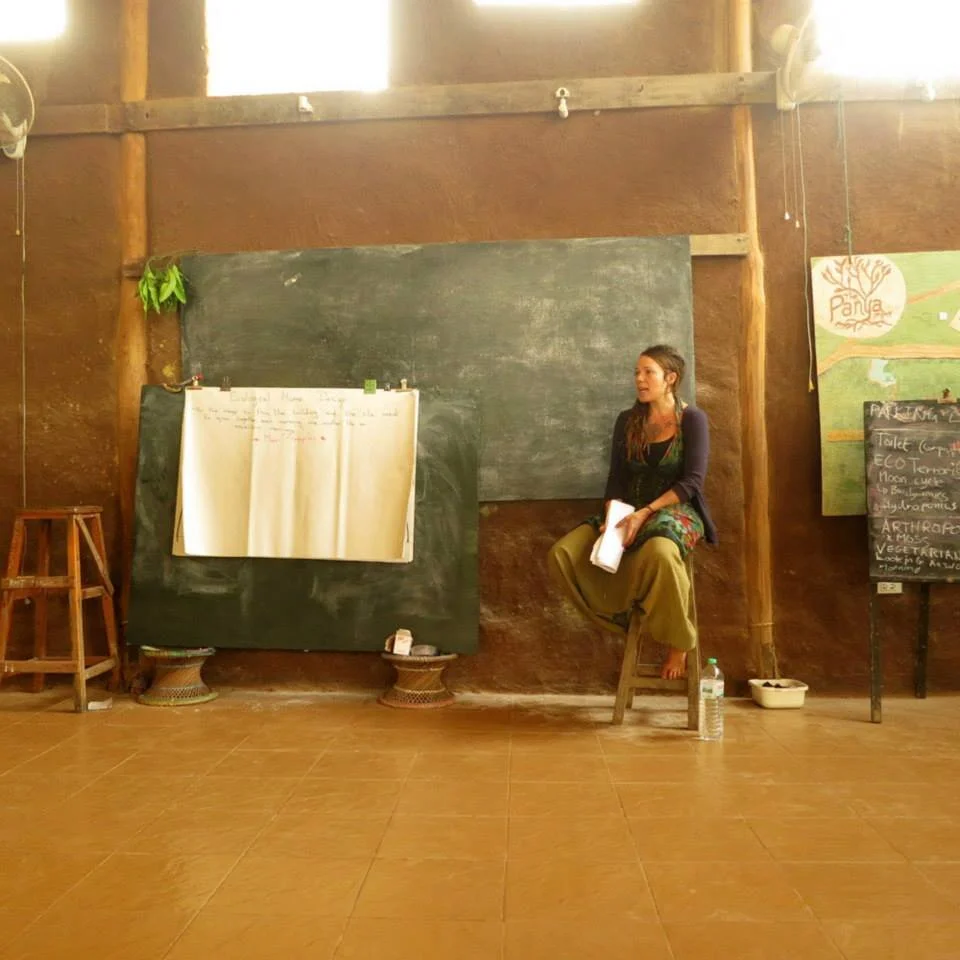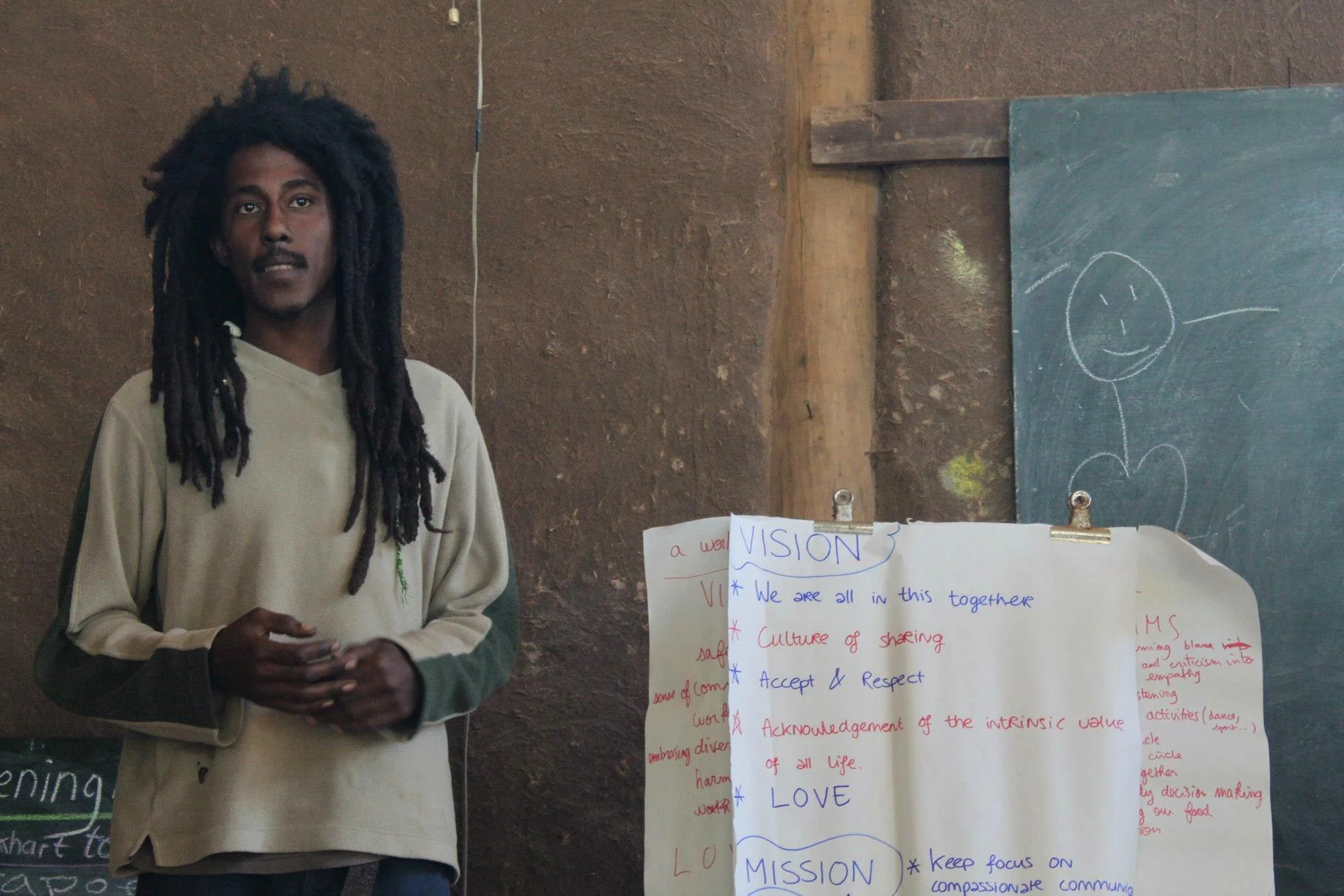PERMACULTURE IN PRACTICE COURSE
From 29th of October until 6th of November 2021.
What is A PIP about?
This ‘Permaculture in Practice (PIP)’ course is a primarily hands-on course focused on practical skills and techniques for implementing permaculture systems and growing your own food in a healthy, regenerative manner. In contrasts with a permaculture design certificate (PDC) course, which mainly occurs in a classroom environment and is centred around the design process. The PIP is the perfect course for people who have taken or are thinking about taking a PDC or are simply interested in permaculture and want hands-on experience and instruction in specific skills and techniques. The PIP is an excellent course for people who “learn by doing” and prefer learning outside a classroom environment.
What to expect
We guarantee this course will be a unique experience. We teach based on our real-life experience with Permaculture. The course will be primarily hands-on, with occasional time in the classroom. It promises to be a course full of energy and excitement, where sessions will be taught to foster hands-on participatory learning. Participants will take part in the existing permaculture activities on the farm in an intentional and facilitated manner. We aim to create a supportive learning community for the duration of the course where trust, compassion, support and connection is built among participants.
Course Details
We have designed this one-week program to give participants hands-on experience with different permaculture techniques. The course will include a broad range of topics and skills applicable to life anywhere on this planet. Topics and activities will include:
What is permaculture? Philosophies, ethics, and principles underlying permaculture, and their real-world application
Animal systems: Let animals do your work for you and use rotational grazing systems to keep animals happy and healthy.
Greywater systems and composting toilets: Closing the loop by turning “waste” streams into valuable assets for growing food
Natural building techniques: we will explore how to build and maintain beautiful, spiritually uplifting homes using locally sourced natural materials
Plant propagation and grafting: how to save money by endlessly propagating your own plants rather than buying them from nurseries
Gardening techniques: learning how to create no-dig gardens, care for annual and perennial gardens and save your own seeds
Trees, forests and forest gardening: We explore how to mimic natural forest systems to create an abundance of food, fibre and fodder.
Water: catchment, usage, importance, and conservation
Soil: how to create your own compost and build healthy, living soils
As part of the course, participants will be engaging in many hands-on activities – using hand tools, planting, gardening, building, etc. Please be prepared to get dirty and have a lot of fun in the process!
Price
The fee is 550€ for the course and the stay in your own accommodation: tent or campervan.
We also offer other types of accommodations:
PDC + Dormitory. Dorm of 6 people.
605 per person
PDC + Quarto Por do Sol. Room with double bed and little stove.
For one person: 650; For two people: 1220
PDC + The Tree house. Built in an old oak tree, surrounded by the bird, a little special.
For one person: 690 ; for two people: 1260
PDC + The Hill House. At the top of a little hill, this little studio has a double bed and a sofa.
For one person: 730; for two people: 1300
PDC + Casa do Pomar or Casa do Louro. Facing the orange orchard, these are the most spacious accommodations of the farm, they have a double bed and a sofa bed, a little luxury for tranquility and inspiration.
For one person: 1050; for two people: 1620, for three people: 2190; for four people: 2760
This price includes all meals, transportation to and from the farm to Sao Luis and all course tuition and materials. Please arrive no later than 13h00 on the 29th of October for lunch and a site tour.
Deposit
We ask all registrants to make a deposit of €100 (plus a small transaction fee) to secure their spot and the remaining fees be paid in cash on arrival or transferred to A Quinta’s bank account.
Beyond the join brought by such a program, your contribution will also help to continue to develop the systems and projects on the land.
Please Note: In the unlikely event of us cancelling the course, your deposit will be refunded in full, additionally, we will not be held responsible for any other financial losses accrued. Deposits are non-refundable if you choose to cancel. We will accept late bookings if there is space available.
Fundraise for Your Tuition
If you are interested in a creative way to come up with funds for this course, look into fundraising for it through WeTheTrees.co. It is a great way to reach out to your family and friends, let them know what you are up to and give them an easy way to contribute to your education.
Meet the Facilitators
Lola Byron
Lola Byron is a Permaculture and Natural Building facilitator, practitioner and consultant. After travelling the globe with her young family, connecting with Permaculture projects, she now lives, works, teaches, builds and raises her 2 children in Southern Portugal. Originally from Birmingham, England, she has been a thriving Permaculturist and natural builder since completing her PDC back in 2010. Following this, she was an active urban Permaculturist, designing and implementing various community gardens and co-facilitating natural building and gardening workshops in and around the UK. With a background in studying, then teaching, Fine Art, Sculpture, when she discovered Permaculture and Natural Building, she knew she had found her calling in life. Lola recently set up The Women Natural Builders Collective, a safe and empowering learning space and network for women builders worldwide. She has built and taught internationally, spent 3 years as the Natural Building Manager at Panya Project, Thailand, and has been a consultant and project manager with Surplus Permaculture Design since 2017.
Kyle Smith
After practising horticulture and community living on a kibbutz in Israel when Kyle was 20, he was inspired to pursue a career in horticulture. During his studies, he completed an internship at Soil for Life, a Cape Town-based non-profit organisation empowering people to grow food and create healthy soil. Kyle went on to work at Kirstenbosch Botanical gardens in Cape Town, South Africa, where his primary focuses were conserving indigenous plant species, rehabilitating degraded ecosystems and designing and establishing education gardens on the grounds of the botanic garden. Kyle was later the perennial plant and nursery manager at Panya Project, Thailand, where he spent three years facilitating numerous permaculture design courses, organic gardening courses and designing and co-coordinating the volunteer and internship program. He is currently living in southern Portugal, consulting and teaching for Surplus Permaculture Design. Kyle is passionate about conserving soil ecosystems, plant propagation and small-scale ecological agriculture. He hopes to empower people to grow their own food, become more self-reliant, and regenerate a degraded ecosystem through his unique teaching style and depth of knowledge.


